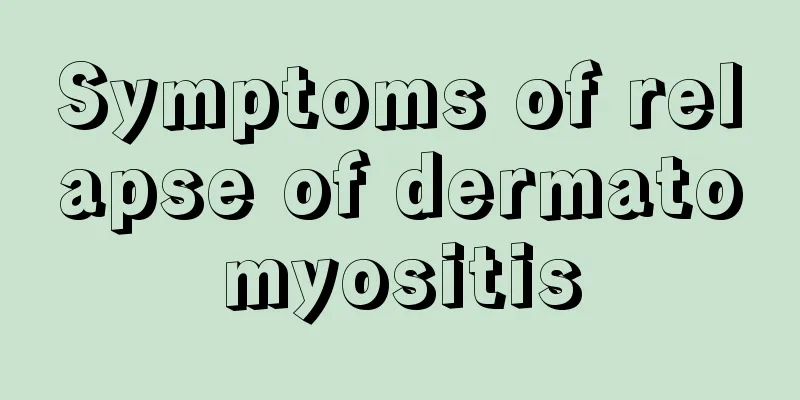What are the treatments for nasopharyngeal carcinoma and how effective are they?

|
Treatment and effects of nasopharyngeal carcinoma As we all know, the best treatment for most cancers is surgery. However, nasopharyngeal carcinoma is different from other cancers. Doctors usually use radiotherapy to treat nasopharyngeal carcinoma. Radiotherapy is also considered the first choice for nasopharyngeal carcinoma. 1. Radiotherapy is the best treatment for nasopharyngeal carcinoma because most nasopharyngeal carcinomas are poorly differentiated squamous cell carcinomas, which are highly malignant and easily invade the surrounding tissues of the nasopharynx and metastasize to the cervical lymph nodes, making them difficult to remove surgically. The nasopharynx is located in the center of the head, hidden, and adjacent to important organs, tissues, cranial nerves, and blood vessels. Surgical exposure is extremely limited, and surgery is likely to damage surrounding tissues. The surgical risk is high, and it is impossible to continuously and massively remove nasopharyngeal tumors and cervical lymph drainage areas. Surgery alone is not effective in treating nasopharyngeal carcinoma. 2. In fact, there are many ways to help inhibit cancer metastasis, and anticancer drug chemotherapy, biological therapy and traditional Chinese medicine treatment are still auxiliary treatments; because 95% of nasopharyngeal carcinomas are poorly differentiated squamous cell carcinomas, they are highly sensitive to radiation, and radiotherapy can easily include the primary lesions of nasopharyngeal carcinoma and the cervical lymph node drainage area in the irradiation field area, and the radiotherapy effect is good, and the recent effect can reach more than 90%. The five-year overall survival rate after radiotherapy can reach more than 50%, among which Ⅰ and Ⅱ patients are 95% and 78% respectively. Treatment of recurrent nasopharyngeal carcinoma, because after the previous radiotherapy, the cancer cells in the patient's body that are sensitive to radiation have been killed, and the residual recurrent cancer cells are not sensitive to radiation. In principle, malignant tumors in the same part are not easy to receive two radiotherapy. Surgical resection of recurrent lesions has been proven to be an effective treatment method. Different patients use different surgical methods, such as surgery to improve the infratemporal fossa approach; surgery to externally rotate the maxilla. |
<<: How to prevent nasopharyngeal cancer How is nasopharyngeal cancer formed
>>: Why does nasopharyngeal cancer cause severe coughing? Is it metastasis of nasopharyngeal cancer?
Recommend
What are the symptoms of prostate cancer?
Prostate problems are abnormal symptoms that many...
Can I eat seafood if I have femoral head necrosis
Femoral head necrosis is relatively common in cli...
Dietary therapy for patients with Qi and blood deficiency type brain cancer
The brain is where the human body's central n...
What kind of tea is suitable for making with a stone scoop pot
Chinese people have a unique feeling for tea, and...
Can leg shaking help slim down your legs?
We often hear that leg shaking can slim the legs,...
How many types of meningococcal meningitis are there?
Epidemic meningitis, generally referred to as men...
Does colorectal cancer harm physical and mental health?
Once we have cancer or tumors, we need to be aler...
Can mugwort be used to bathe infants and young children?
The baby's skin is very delicate, so skin dis...
Can glycerin be used on the face?
Beauty enthusiasts in general usually pay attenti...
Experts analyze the main causes of bladder cancer for everyone
According to the statistics of authoritative medi...
How to care for wounds after melanoma surgery
We should not underestimate melanoma. Although it...
How to treat myeloma
How to treat myeloma? When myeloma occurs in a pa...
What are the symptoms of ear tumors
The ear is a very important part of the human bod...
Can expired toilet water be used?
Floral water is a must-have for many families, es...
Feet smell after pregnancy
If a female friend develops symptoms of foot odor...









